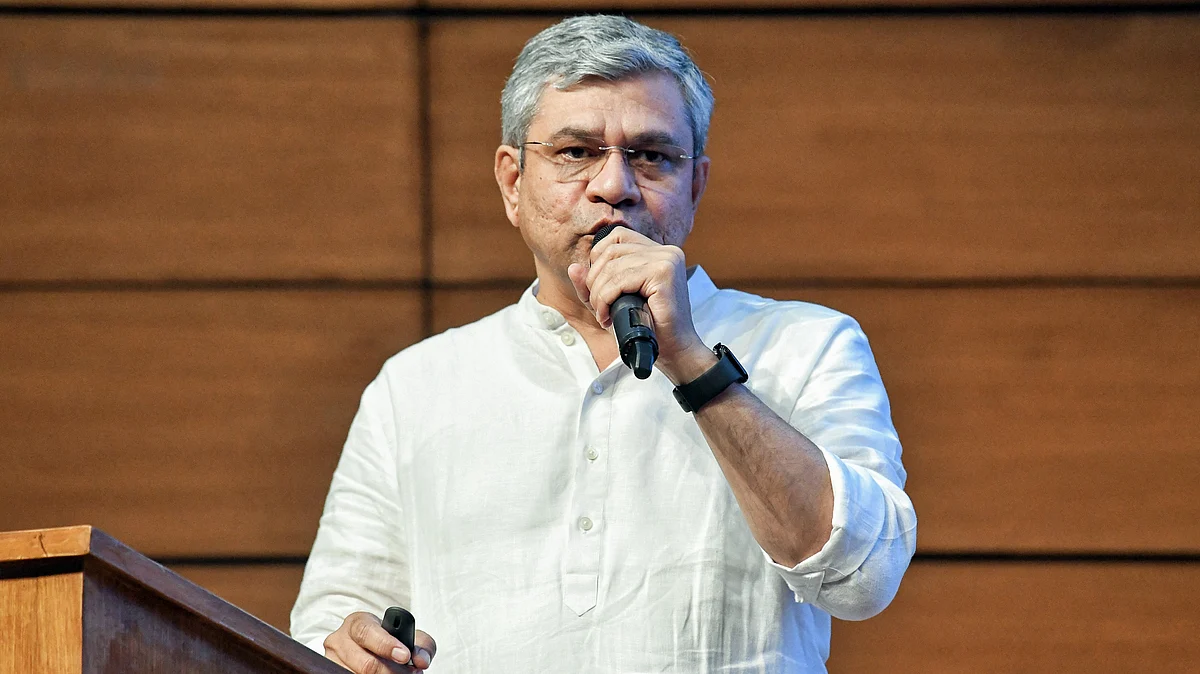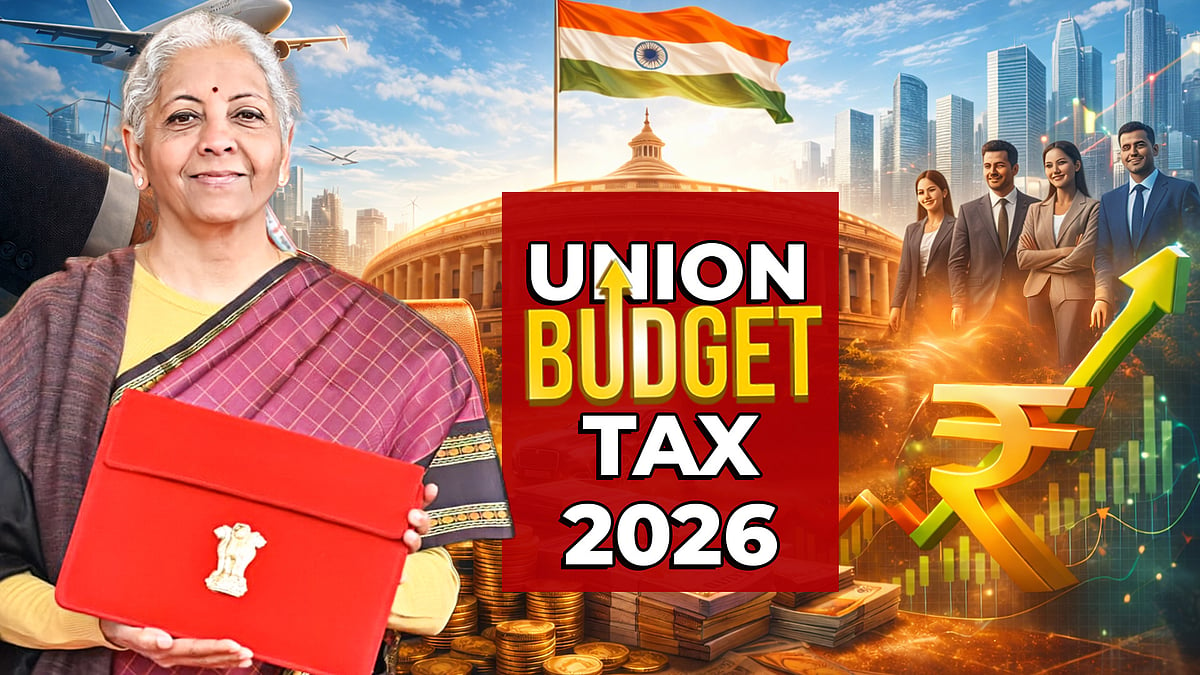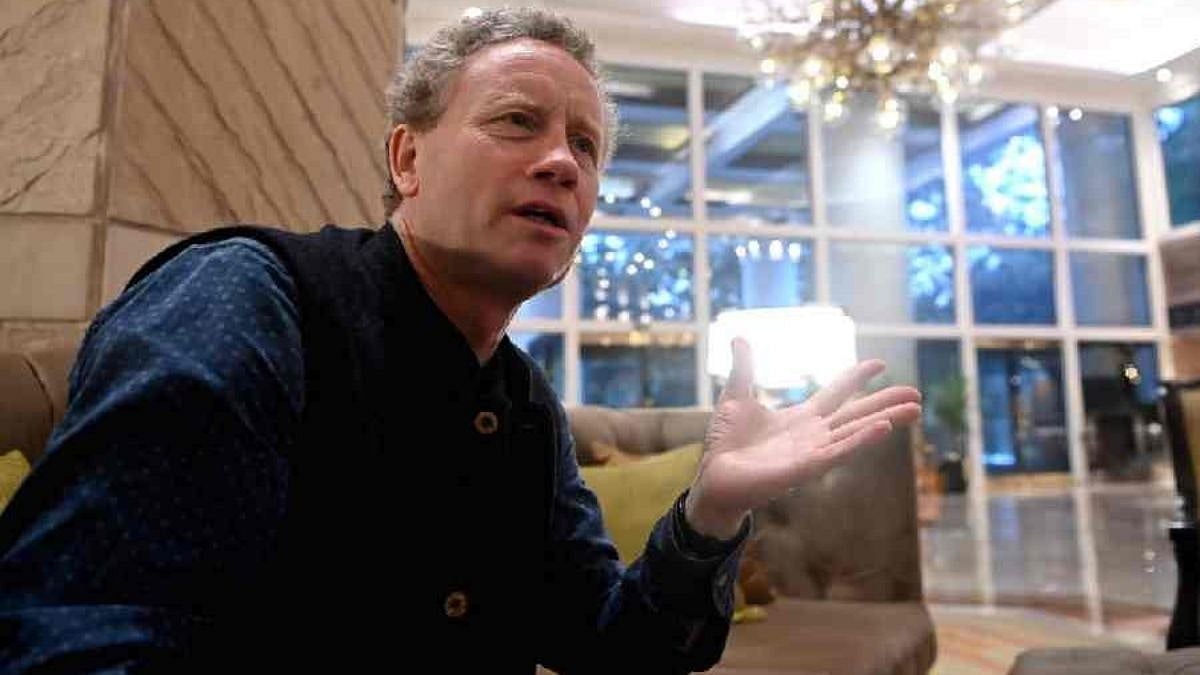As we head into Diwali, let us spread happiness by lighting up the lives of the less fortunate. But first let’s examine our attitude to caring and sharing: Do affluent Indians do their bit for the underprivileged? Are the rich into charity? Do our business tycoons give back to society? And finally, is philanthropy alien to our culture?
What better time to test these assumptions than the annus horribilis we are living through. The 'daan veer’ of these times is no Tata or Birla but a minor Bollywood actor named Sonu Sood, who bused migrant workers to their villages when the 'sarkar’, as well as the 'sahukars’, were playing blind, deaf and dumb.
Since Sonu Sood can’t do everything, our Covid warriors are waiting for Christmas. That is when the doctors, nurses and ward boys who are still alive hope to get their salary arrears, not from the white-bearded man in a high office but from the one on a reindeer sleigh. That is the magic moment when the next-of-kin of those who have died on the Covid front will get the promised 'pravachan’, sorry, compensation.
Misery doesn’t move us. The last 'sethia’ from the subcontinent to be perturbed by human suffering was Siddartha. Wonder if he ever came across something as stark as the sight of hundreds of poor cancer patients and their families living on the pavement outside Tata Memorial hospital at Parel in Mumbai. And this is the El Dorado of India!
Before we discuss philanthropy, let us look at the people who have the moolah for it; the handful of industrialists who hold most of India’s wealth. However, it took a French economist, Thomas Piketty, to tell us of the extent of the inequity; the top one per cent of Indian earners have captured 22 per cent of its total income.
Our capitalists are not known to be considerate to their workers, much less in the lockdown. If you don’t care for your employees, how can you be altruistic where society is concerned?
Of the several instances of shameful conduct by corporates, there is one about which I wrote as a journalist. A big financial institution was misusing its status as a sponsor to dictate terms to the Tata Institute of Social Sciences. It was hiring the institute’s final-year students for their Corporate Social Responsibility (CSR) department but did not want the visually challenged.
CSR is a statutory 'daan’ which requires corporates to spend two per cent of their profits on eradicating hunger and poverty, promoting education and gender equality, promoting healthcare etc. However, it has not lived up to its promise.
One of the reasons is that the least developed states do not get the largest chunk of CSR funds. According to the Centre for Asian Philanthropy and Society (CAPS), Maharashtra got 15 per cent of the pooled funds last year, whereas Bihar got just 0.7 per cent. There’s inequity in charity too.
If you forget forced philanthropy, our capitalists take from the poor and take till it hurts; what are all our bank scams about? We may quote from the Gita about 'saattvik daan’, the purest form of donation, which is given to someone who can't return the favour and given in the right place and time but our basic mantra is 'Ram naam japna, paraya maal apna’.
When natural disasters strike, corporates generally raise relief funds from their employees by unilaterally deducting a day’s salary. Often, this money is invested and the original sum is utilised much later.
It is not only the rich who rob. Our babus have a hoary tradition of gobbling up funds meant for the poor, they even eat from the mid-day meal schemes for poor kids. As for siphoning funds meant for drought relief, one only has to read P Sainath’s book, `Everyone Loves a Good Drought’. Surprisingly, rural development gets just 11 per cent of CSR funds and figures way behind areas such as education (38 per cent) and health (25 per cent).
Here, a distinction must be made between charity and philanthropy. While the former is feeding someone fish, the latter is teaching him to fish. Indians are better at charity and they are just learning about philanthropy, as the dismal results of the CSR experiment show.
The concept of philanthropy in India ('daan’, 'dharma’) is tied up with religion. We give to god who has no need for money. We construct temples instead of hospitals, we pour milk on idols instead of feeding it to the mendicant outside. We bribe our way to a 'darshan’, we even offer a bribe to divinity, to make our wishes come true. We have a transactional relationship with god and the only thing we truly worship is wealth.
No wonder temples were complaining of dwindling funds during the lockdown. Except for gurudwaras, no one is feeding the needy during the pandemic. This is not to say that offerings of devotees are not occasionally used for projects, such as the free heart hospital at Puttaparthi in AP.
There’s this case of a Konkan village which is deserted because of lack of water. Its inhabitants who work in Mumbai rejected a plan to recharge its underground streams because it cost Rs 18 lakh but had no compunctions in raising Rs 50 lakh to renovate the village temple.
Indians also have the mentality of hoarding for the next seven generations. This is what Wipro’s Azim Premji, one of our true philanthropists, was hinting at when he observed that a majority of wealthy Indians feel they must leave their entire money as an inheritance to their children. Truly, for us, charity begins at home.
That is why there are no Warren Buffets in India. The most charitable billionaire in America, outranking even Bill Gates, Buffet has given away $46 billion since 2000, about 71 per cent of his fortune. In fact, when one looks at global business leaders, one associates philanthropy with entrepreneurial wealth, whether it is Bill Gates, Elon Musk, Jack Ma or Mark Zuckerberg.
The legendary parsimony of Indians has given birth to several jokes, one of which goes like this: An Indian in the Gulf comes across a sheikh injured in a car crash and saves his life by rushing him to the hospital and donating blood to him. The grateful sheikh gifts him a Mercedes Benz. A year later, the same Indian saves his life in the same manner but this time, he gets just a box of sweets. The sheikh explains to the perplexed Indian that now he too has Indian blood coursing through his veins!
Some say that this stinginess of Indians is not a byproduct of our culture but the malaise of the post-liberalisation economic value system of loot and scoot. Another argument is that several of the Indian rich still think of themselves as middle class because they have made the transition in one generation. Piketty has also pointed out that the inequity in India rose sharply after liberalisation in the 90s.
Of late though, a concerted effort is being made by people such as Azim Premji and Kiran Mazumdar-Shaw to promote the idea of philanthropy. Eleven Indian and Indian origin families, such as Dr Romesh and Kathleen Wadhwani and Nandan and Rohini Nilekani, have joined the Giving Pledge, a commitment made by billionaires globally to donate the majority of their wealth to philanthropic causes.
The middle class, as usual, contributes to spreading Diwali cheer in many ways; visiting an orphanage, an old-age home, contributing to the toy bank, volunteering for causes through websites such as ivolunteer.in or karmayog.org, pledging their organs after death or simply reaching out to the homeless in their localities.
The writer is an independent journalist based in Mumbai









